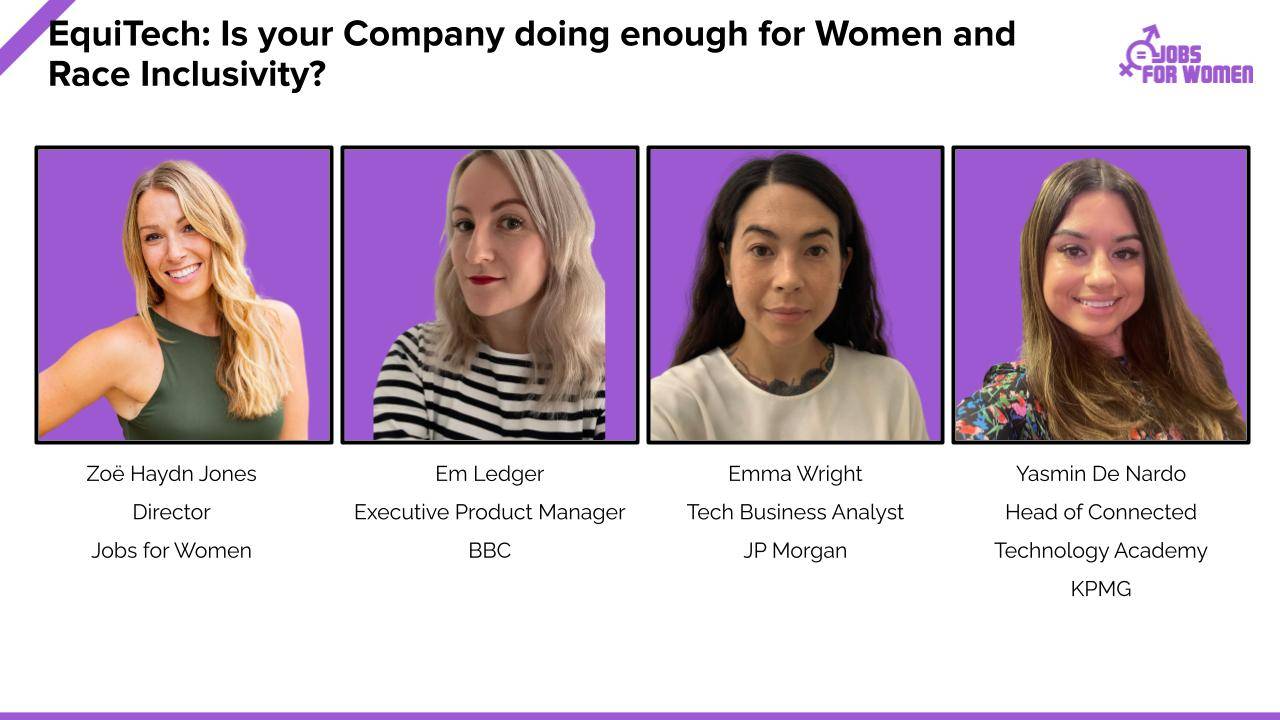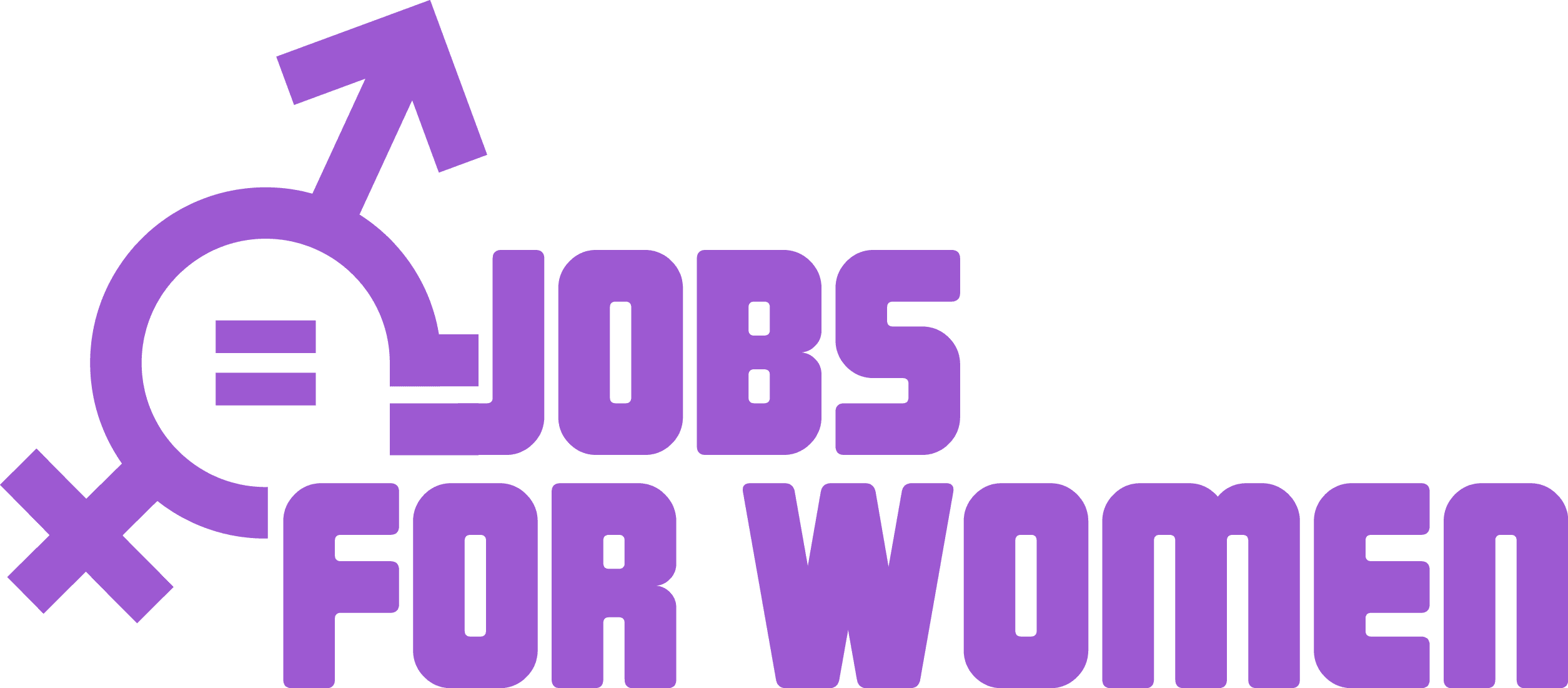
Is your company doing enough for race and inclusivity?
Experiences of Gender and Race Inclusivity:
- Emma Ledger shared her experiences in the digital and tech industry, highlighting the issues of gender and race inclusivity.
- Female developers being referred to as “juniors” even when they were not, leading to constant misrepresentation of women in the tech field.
- Misconceptions about underprivileged interns, primarily consisting of people of color and working-class backgrounds.
- Instances of being expected to take notes and perform administrative tasks in meetings because of gender.
- Encountering insensitive and inappropriate comments and discussions about pregnancy in the workplace.
Speaking Up and Allyship:
- The importance of speaking up against inappropriate behavior and comments, even when it’s challenging.
- The need for allies who support and back up individuals when they raise concerns.
- Encouraging women to use their voices and stand up against gender-related issues in the workplace.
- Recognising that not all women feel comfortable escalating these conversations and the importance of creating a safe space for them to do so.
Women in Leadership Roles:
- Discussing the role of women in leadership positions and their impact on workplace dynamics.
- Acknowledging that sometimes women in leadership roles may perpetuate stereotypes or face challenges due to societal expectations.
- Emphasising the importance of women leaders supporting and empowering other women.
Intersectionality:
- Highlighting the intersectionality of various social categories, including race, gender, disability, and sexual orientation.
- Sharing personal experiences related to intersectionality, such as being ethnically Chinese and on the autism spectrum.
The Role of Employee Networks:
- The value of employee-led networks and communities for support and raising awareness of workplace issues.
- How such networks can provide a sense of belonging and help individuals realize that their experiences are not isolated or their fault.
Leadership’s Responsibility:
- The need for strong leadership commitment to addressing workplace issues related to diversity, equity, and inclusion.
- The importance of eliminating middle management barriers that may hinder progress in creating inclusive workplaces.
Empathy and Support:
- The significance of showing empathy and offering support to individuals who have faced discrimination or harassment.
- Encouraging open discussions about these issues and creating a culture where people can check on each other’s well-being.
The webinar was very insightful with interesting discussion focusing on the importance of creating inclusive workplaces, the need for support networks, and the role of leadership in fostering a culture of diversity, equity, and inclusion. As a panel we discussed the power of individuals using their voices to address these issues and the importance of allyship within the workplace.
Personal Experiences
Addressing Inappropriate Behaviour: The panel discussed the importance of individuals sharing their experiences of facing inappropriate behavior at work. They discussed how they reacted in those situations and how they would respond differently now with more confidence.
Challenges of Speaking Up: Despite their personal growth and experiences, some participants mention the difficulty of speaking up against inappropriate behavior, especially in new team settings. They emphasise the importance of building the confidence to address such issues.
Online Harassment and Toxicity: The discussion expands to the broader issue of online harassment and toxic behavior. Participants highlight how the internet can be a hostile environment, and the lack of boundaries and respect online can exacerbate the problem, particularly for women.
Generational and Societal Factors: The worsening of these issues is attributed to factors such as social media, generational differences, and a lack of education about boundaries and respect. Participants acknowledge the need for societal change and better online etiquette.
Inclusion of Men in Conversations: The panel agreed that we need men to be part of the conversations about gender equality and respect shouldn’t exclude men. Men need to be part of the dialogue, and educating the younger generation about gender issues is crucial. We all noted that 100% of the live audience were women.
Gender Pay Gap: More conversations about the gender pay gap are needed and fairness in compensation.
Recruitment Process Challenges: The recruitment process is seen as a potential barrier to diversity. Companies are urged to make the process more inclusive and less restrictive, including considering alternatives to degree requirements.
Unpaid Extra Work: The panel discussed the issue of women often doing unpaid extra work, such as organising social events or providing mentorship. This work is often unrecognised and uncompensated.
Culture of Going Above and Beyond: Women are noted for often going above and beyond in their roles, contributing to a culture of extra work without adequate recognition or compensation.
Inspiring the Next Generation: The participants expressed their commitment to mentoring and supporting others, especially those from underrepresented backgrounds, to encourage them to pursue careers in tech and leadership roles.
Do you want to work with us?
Are you committed to attracting, recruiting and retaining more women at work?
Do you want to be recognised as a leading DEI employer?
Do you care about building inclusive and diverse teams?
Is your C-Suite committed to make change from the top down?
You can view our pricing to post a job and our partnership options.
In 2024 we launch our Jobs for Women accreditation programme. if you would like to find out more about this please click here.
